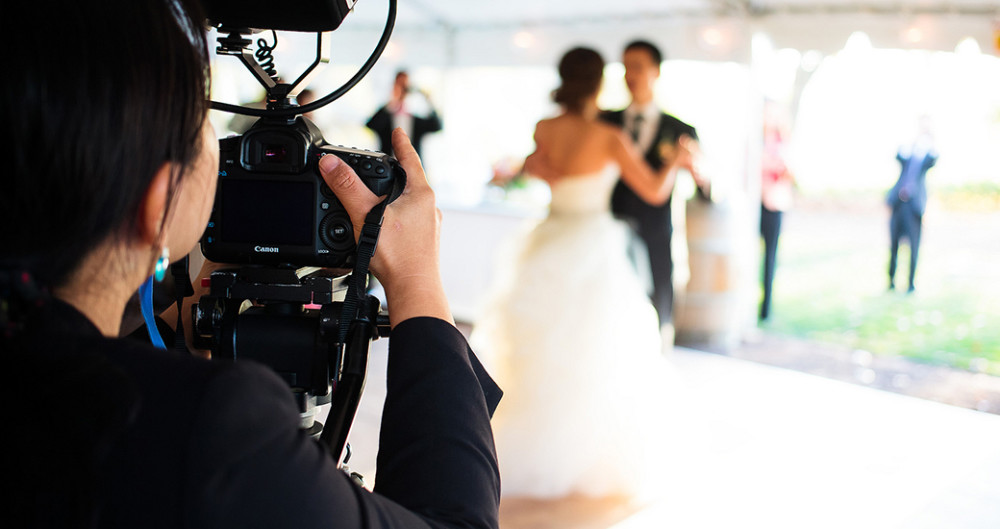
Wedding videography is thrilling, but the pressure to get great film is greater than in other shoots. As a wedding videographer, retakes aren’t possible. You should also capture candid moments that add to the couple’s wedding memories.
If you have no wedding videography expertise, improve your abilities first. If you’re a professional cameraman and a friend of the couple, prepare yourself well. Preparation makes all the difference in wedding filming.
Wedding Videography Dallas has compiled a list of suggestions to help you prepare for your first wedding video session:
- Keep your equipment ready:
A camera, tripod, headphones, batteries, memory cards, microphone, and lenses are needed for a wedding shot. On-camera illumination, a monopod, and a cordless microphone are also suggested. You may be tempted to carry the whole lighting equipment, but this is not suggested since you need to be mobile. Existing light is less intrusive and gives natural effects than professional video lighting.
- Make plans and promises realistic:
A wedding videographer is an important member of the wedding party, and it’s your responsibility to record the moment for the family, friends, and future generations. Don’t promise the whole wedding. Explain that you can’t obtain everything for the wedding and reception. Tell them you’ll capture the wedding’s highlights. Depending on the ceremony and celebration length, most wedding movies are 45 to 2 hours long.
- Coordinate with the photographer:
Wedding photographers aren’t your competitors as videographers. You’re a team whether you work for the same company or not. If you’re shooting alone, the photographer’s connection with you might assist (or hinder) you. Let other photographers know you’ll be running and gunning a lot when you shoot alone, but you will be happy to work alongside them for a cohesive day.
- Do not miss the rehearsal:
You must show up to the wedding rehearsal when you’re just getting started. Having an audience member see the dress rehearsal is a great way to ensure that issues with lighting, microphone placement, and obstructed views are avoided. The rehearsal is also a great opportunity to talk to the bride and groom before the big day. Before the big day arrives, you and the couple may discuss any last-minute changes you’d want to make to the wedding film.
- Be clear about your reception shots:
The celebration is generally relaxed and filled with hilarious moments. You should know the reception location before setting up your equipment. Capture the couple’s entrance, the cake cutting, toasts, the first dance, and the bouquet throw. Don’t forget to snap close-ups of the location, the registration book, the cake before it’s cut, the table arrangements, and the invites.
Don’t stare at individuals eating or making a mess with food. Once the tape is released, your behavior and professionalism may be questioned.
- Don’t forget to test your videography kit:
Solo wedding videography requires efficiency and quickness. If it’s your first (or second or third!) time recording a wedding, familiarize yourself with each piece of equipment. Your pre-wedding gear knowledge saves you time when gimbals and mics malfunction.




